It all started with Alain Coumont not being happy with the kind of bread available in his home town of Brussels 30 years ago. He tells Ipshita Sharma that he was born with his ‘foot in butter’ what with his father’s family being in the restaurant business and his mother’s side having a grocery. He started off selling simple loves and has gradually made valuable partnerships that has taken his brand to over 25 countries.
As a child in Belgium, Alain spent countless hours perched on a chair, watching his aunt make bread. As a young chef in Brussels, he realized that the only way to satisfy his yearning for the rustic bread of his youth was to recreate it from memory. Passionate about quality, he decided to return to his roots and open a bakery where he could knead flour, salt and water into the rustic loaves of his childhood. The first Le Pain Quotidien opened on Rue Antoine Dansaert in Brussels. At a local flea market, he found a long table where his guests could sit to eat together; it became Le Pain Quotidien’s first communal table. Alain believes that community is what nurtures, inspires and feeds the soul, and that there is a place for everyone at the table. We find out more about this Belgian Bread Baker.
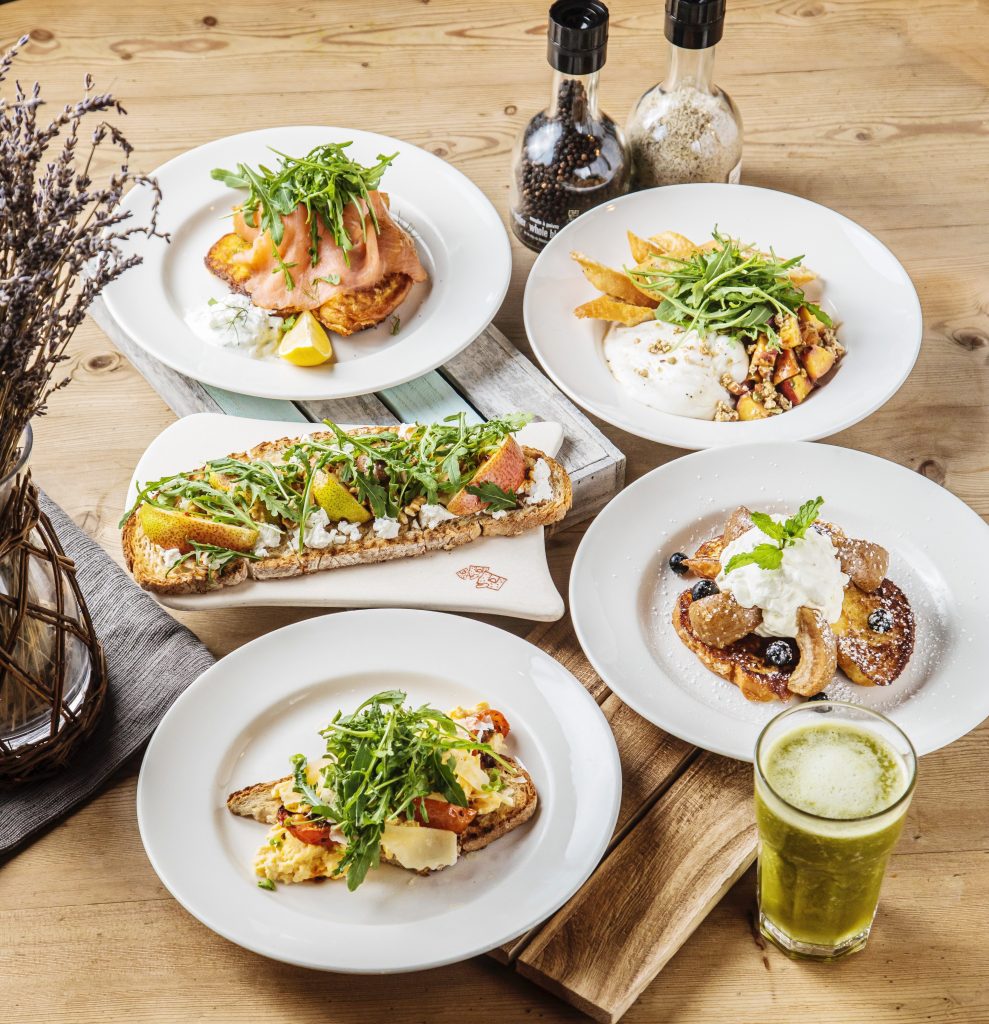
What would one come to Le Pain Quotidien for? What is the USP?
LPQ’s menus celebrate seasonal ingredients and artisanal techniques; with a variety of wholesome dishes bursting with goodness and flavour.
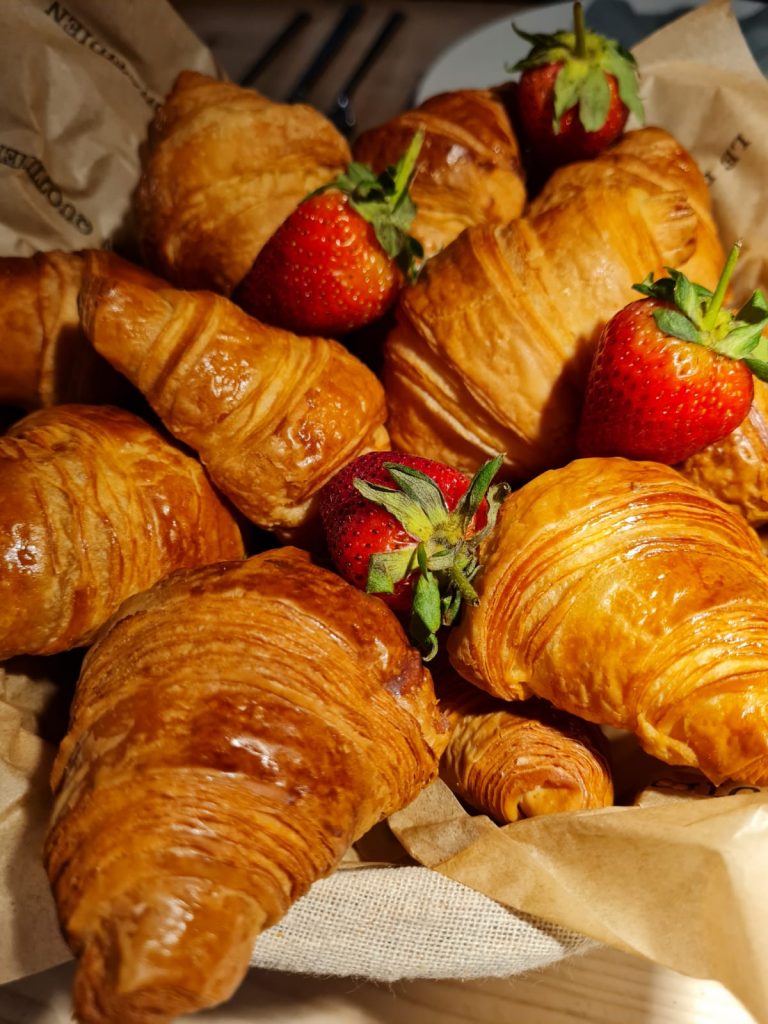
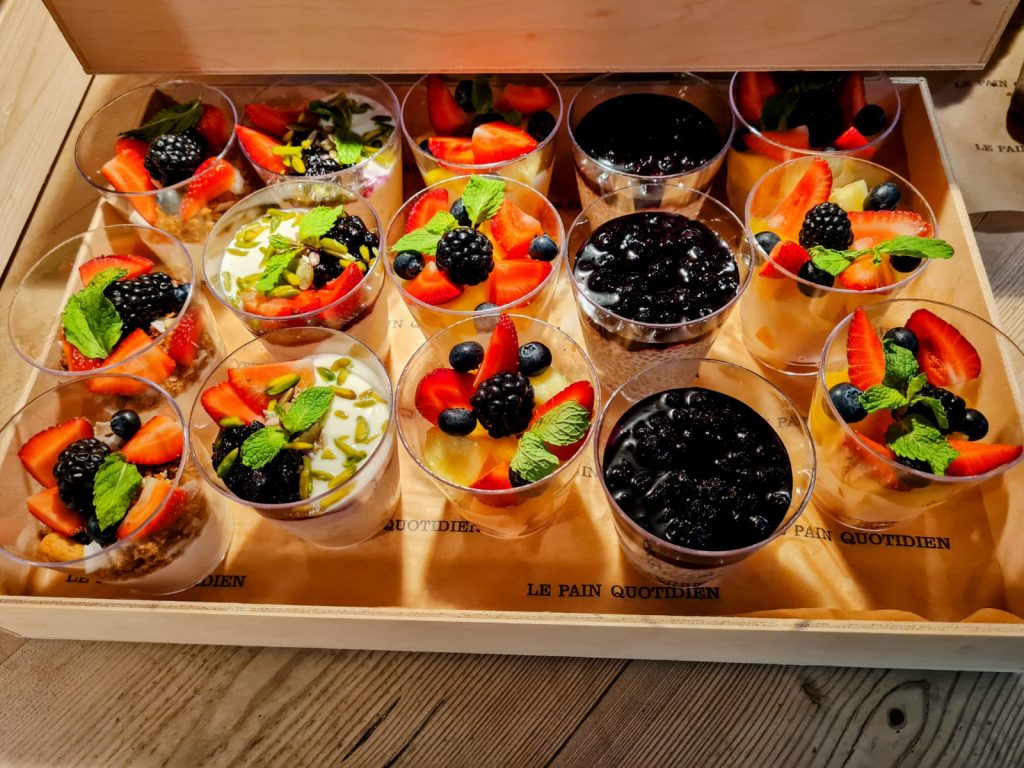
LPQ remains committed to a healthy lifestyle, offering as many organic products as possible: from organic flour for its legendary breads to pantry shelves stocked with organic jams, chocolate spreads and cold pressed olive oils.
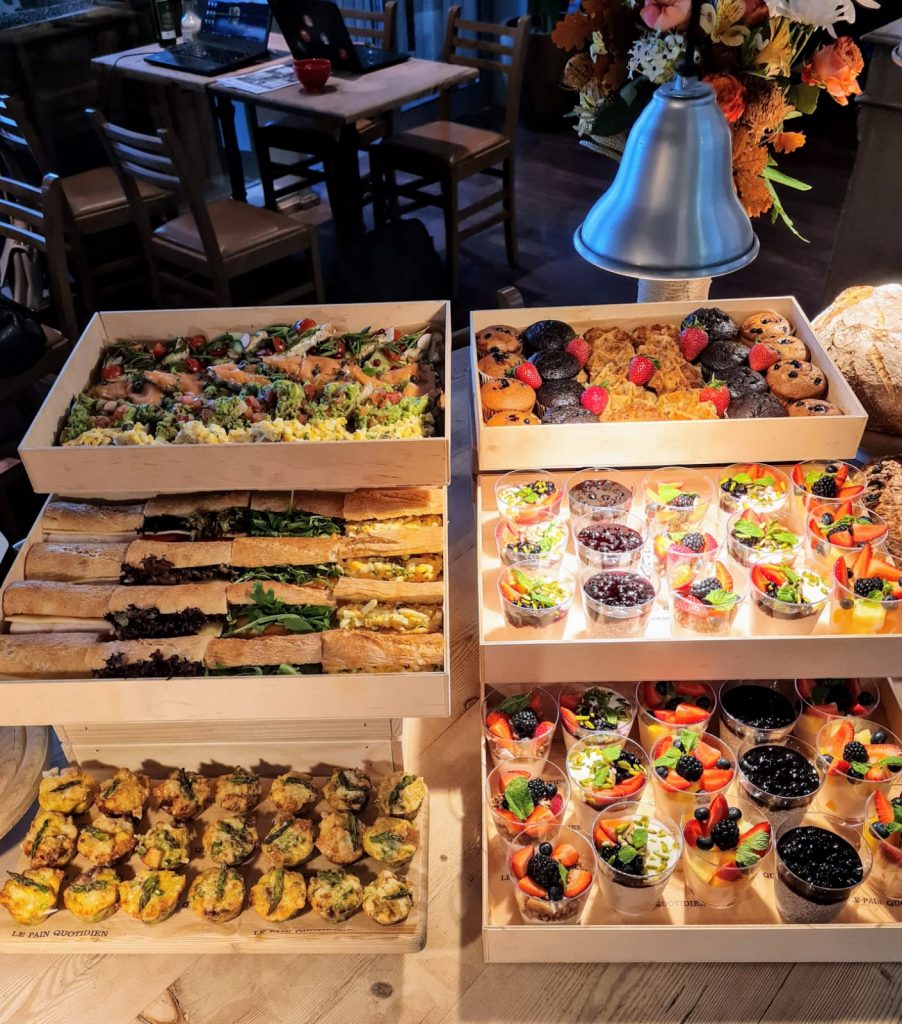
What would you suggest someone going there for the first time to order?
That’s an interesting one. You could choose from the ‘Turkish Eggs’ for a nourishing, delicious start to the day, the power-packed ‘Manhattan Breakfast’ for brunch, or the ‘Baked Codfish’, for an elegant yet satisfying lunch or supper.
Also offered are organic, 100% Arabica coffee and a range of organic teas, including black, green and herbal teas to take that LPQ taste home.
You could enjoy them in the warm and welcoming restaurants, featuring reclaimed wood and the day’s specials written on charming chalkboards.
What is it about bread that connects with all kinds of people?
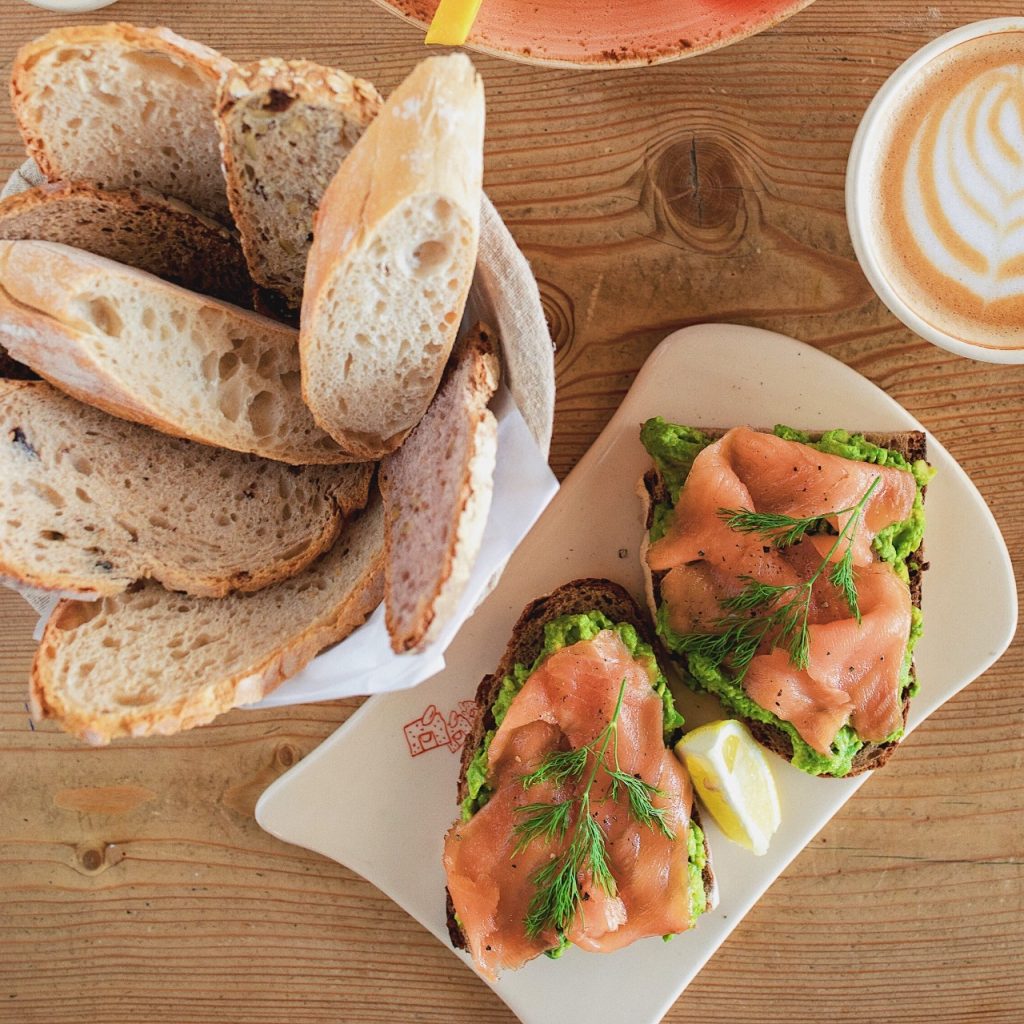
Le Pain Quotidien means the daily bread. And to us, that means everything. It’s much more than mere sustenance; it’s a way of life. A bread fresh out of the oven may be irresistible, its subtle flavors are best tasted once the bread is allowed to cool and ripen. Bread is available in different forms in every culture, and is a big staple in most. It’s nutritious as it is delicious. For me, the smell of fresh bread stokes the imagination.
Can you tell us about your einkorn bread and your philosophy of breaking bread on communal tables?
The einkorn bread is not an easy task at a commercial level. Wheat has become so manipulated by mass production. It’s now a big commodity. It’s been developed to have very strong gluten because that helps industrially produced bread keep a consistent quality. But it’s not good for you. Einkorn – which has to be organic – is high in protein but has much weaker gluten. It’s harder to bake, but far better for public health.
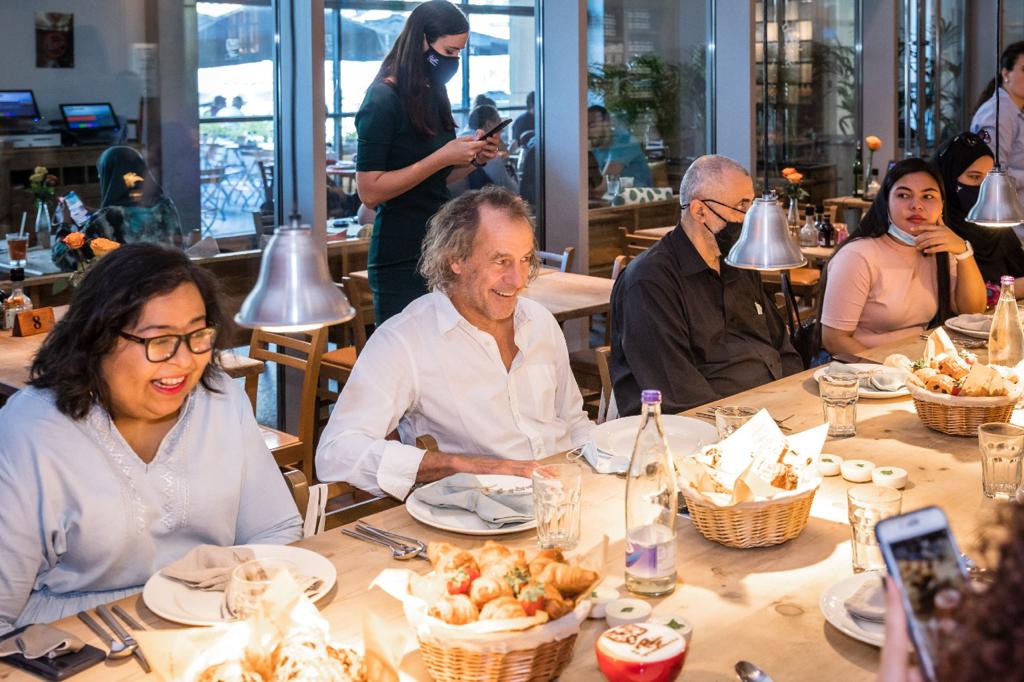
At LPQ, we believe that community is what nurtures, inspires and feeds the soul, and that there is a place for everyone at the table. Today, LPQ has a global community of over 200 stores throughout the world. The ‘communal table’ made of reclaimed wood continues to be the centerpiece of the bakery-restaurants, where guests are invited to linger, savor good food and good company together. That’s the beauty of the Le Pain Quotidien community.
What’s your favourite baking recipe?
This has to be Sourdough bread. After the bread dough is sufficiently proofed, it is divided into pieces of the proper size and shape. The traditional bread which I grew up watching comes in four shapes: the baguette (stick), the boule (round), the bâtard (a football-like shape) and the pan loaf (a blunt-ended bâtard).
Once properly risen, the loaves are first scored with a lame (a specialty razor blade) to allow them to expand fully in the oven. They are baked in a preheated Dutch oven which allows the steam to be captured and which gives the bread its golden crust. Et voilà: a finished product with the attractive just-baked aroma and a dark caramel crust.
Your top tips to bake that perfect bread?
When you buy industrial bread, the level of water used to bake it is very low. I would recommend using a minimum of 650-700ml of water per kilo of flour. The dough also needs to rest at least 5 hours. If you try to rush the process, the results won’t be great.
The quantity of yeast also has to be controlled- one needs to master the right quantities of each ingredient to be used in bread as that makes a huge difference to the way it turns out.
What’s next?
Next would be to build on the LPQ magic in the region. My latest cookbook, Tartine Confidential, is also set to launch in the next few months. It will be an interesting read for those who wish to try their hand at the simple, yet delicious tartines they can create in their own kitchens.
